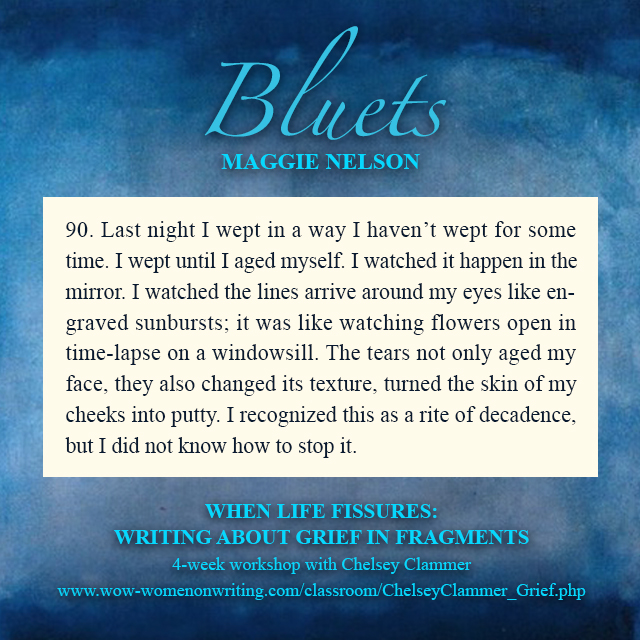My hardest class in college was a news writing lab where we had to know AP Style backwards and forwards, and by the end of the semester, we were turning in assignments that would get marked down one letter grade per AP Style error.
Fast forward more than 20 years later and I’ve decided to start trying my hand at more creative nonfiction pieces. Because of that training, it’s been more of a struggle than I thought it would be.
Just the Facts. I’m so used to providing them that I start to squirm if I can’t remember exactly what outfit I was wearing when I fell off a pogo ball and broke my nose. Should I make something up? I’ll think to myself. What was the weather outside like that afternoon? Would I be lying if I said there were beads of perspiration on my forehead as I balanced on the ball on the sidewalk in front of my house?
I recently worked on an essay that had been nagging at me for weeks. It involved an older family friend that I realized may have had ill intentions when I met him in my teens. I wanted to write about an experience where he showed up at my house and talked my mother into letting him “take me for a drive.” I look back on that event now and consider it a blessing that I made it back home safely that day unscathed. The journalist in me first started the essay more like it would appear in a mainstream magazine or newspaper:
I watched in horror as a pedophile wormed his way into the life of the Broberg family in the Netflix documentary “Abducted in Plain Sight,” kidnapping their young daughter Jan, not once, but twice. He also brainwashed Jan and seduced both of her parents along the way. I’ve skimmed articles about the current documentary, “Leaving Neverland,” where two men have accused the now-deceased pop legend Michael Jackson of mentoring, grooming and molesting them from ages as young as seven.
I was driving to work one day recently when a memory hit me so hard, and so fast, that I almost had to pull the car over. It was a memory about a man who made a brief appearance in my own life 26 years ago, when I was 16 years old.
After sharing the first draft with the very talented editor of WOW!, Angela Mackintosh, she immediately picked up on what she called “a trepidation in your memoir that I don’t see in your fiction.”
After reading that comment, I sat back. She was right. I was so focused on getting every factual detail of the memory correct that I was neglecting memoir as an art form. It doesn’t matter if I remember what I was wearing when I took that drive with a strange man, but rather, what I would have been wearing would suffice. The journalist in me wanted to research what the signs of grooming were in pedophiles, and I decided to use that bulleted list to structure the form of the essay. Then, with some reworking and a brilliant suggestion from Angela, the beginning then changed to:
There’s an old urban legend that if you put a frog in a pot of boiling water, he’ll naturally hop out; however, if you place a frog in a pot of cool water and gradually increase the heat, you’ll end up with a cooked frog.
I can’t say whether this is true for frogs, but it certainly is true for many children who are sexually molested. The gradual cooking process is known as “grooming,” and the increased heat is the evaporation of physical and emotional boundaries.
— Laurie A. Grey, “Grooming: How Child Molesters Create Willing Victims” (NAASCA.org)
On a warm spring day in 1993, I was the frog in a pot of water. Yet, once I felt the heat increase, I hopped out.
As always, it takes a lot of what I like to call “regurgitating” on the page before things start to fall into place. Now that I know creative nonfiction allows you to create scenes that are similar to something you would find in fiction, I feel much more freedom to play around and dig in deeper.
The memories are mine. What happens when I spin the words out onto the page as a way to process those thoughts and feelings also belongs to me, but if I can learn to take the reader on the journey along with me in a way that makes them nervous for that little girl, uncomfortable, or speechless (as in this case), then I will have done my job as a writer.
Renee Roberson is an award-winning freelance writer who recommends you check out WOW’s most recent e-zine, “Loving the Lyric: A Focus on Form,” for more spectacular advice on lyric writing. Visit Renee’s website at FinishedPages.com.















